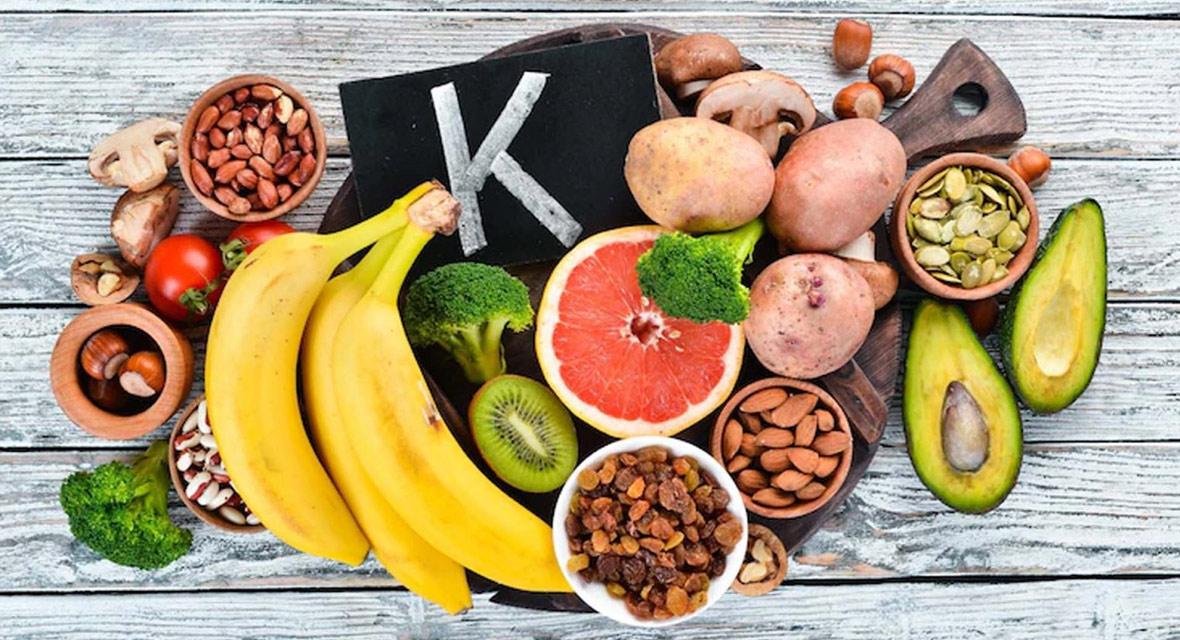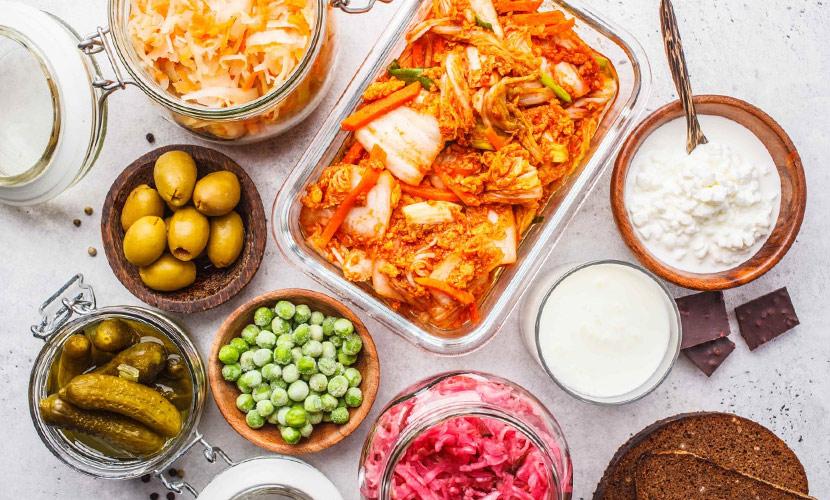🏆 As seen and loved on Shark Tank Dubai 🏆

What Happens When You Stop Taking Probiotics?
Understanding the Functionalists of Probiotics
Probiotics are living bacteria that affect the health of your gut microbiome. The delicate balance of microorganisms in your gut affects many other biological functions and systems. It affects your immunity to your mental health.
Probiotic supplements are available in liquid or tablet form. They can also be obtained through your diet, as they are found naturally in many fermented foods.
Do Probiotics Benefit Your Health?
Probiotics are excellent for your gut microbiome. It lines the entire digestive tract and significantly impacts your health. The gut microbiome is the total number of bacteria, viruses, protozoa, and fungi found in the gastrointestinal tract.
It is recommended to have probiotics as part of your daily intake as it is a crucial element of a healthy weight loss meal. Some gut microbiomes can protect you from sickness. At the same time, others can put you at risk for various disorders. Probiotics and prebiotics are present in a variety of meals and supplements. These are beneficial bacteria.
However, if you already have a healthy gut, your body does not require probiotics to function. Nonetheless, it is not harmful to consume, and you can incorporate them into your diet.
Probiotics aren't present in all store-bought fermented foods. Check for ones that expressly state they include live cultures. Many yogurts, for instance, are devoid of probiotics and heavy in refined sugar.
Various Types of Probiotics
Probiotics aren't always the ones that provide the most significant rewards. In addition, many of them only have one or a few different varieties. As everyone's gut microbiota is diverse, it's difficult to say which probiotic is best for them.
If you're taking probiotics now, you might be wondering what happens if you stop taking them. In recent research, probiotics have been determined to be safe to use for lengthy periods and safe to stop taking.
Some bacteria are good to humans, and then there are dangerous bacteria. Constant disruption of the gut's average bacterial balance can result in digestive difficulties, infections, and various complications.
How can Probiotics keep you Healthy?
Most importantly, probiotics can help balance intestinal microbiota. You can get probiotics via foods like kefir, sauerkraut, tempeh, and vitamins. People often underestimate the value of probiotics but we can't stress enough that as you age, your body's dependency on probiotic intake increases. Thus, your daily healthy meal plan has to be probiotic-inclusive.
If you're in generally good health, you can expect your gut bacteria levels to recover to where they were before you started taking probiotics. This procedure can take days or weeks to complete.
Probiotic bacteria are beneficial to gut health. It is crucial to general health. They may be effective when taking antibiotics for an infection or as a precaution before or after surgery.
Are Probiotic Supplements Safe?
Research on the benefits of probiotic supplementation in otherwise healthy adults is limited. The effects of taking probiotics greatly vary depending on the bacterium type. It also depends on the number of specific bacteria in the supplement and their health. Other factors affecting the outcome include the supplement's age (many probiotics lose effectiveness over time).
It also affects how the consumer stores it. It's a good idea to look at the manufacturing label to see how to store a probiotic product properly. You can make your diet more gut-friendly in the long run. Include fermented foods and high-fiber foods in your diet regularly. Modifying your diet is long-term, unlike the benefits of quitting and continuing supplements.
While there is a focus on protein, fat, carb intake, one of the most prevalent nutritional fact that people ignore is that they don't need probiotics. That is incorrect since probiotics can play a crucial role in enhancing your other dietary nutrients
Can Probiotics be harmful?
Some health experts warn that probiotic claims, in general, can be deceptive. It is best to ingest probiotics when the bacteria are alive to receive the advantages. Yet some probiotics in supplements die throughout their shelf life or even en route through the stomach.

If you don't take probiotic pills for medical reasons but want to enhance your health, try to make dietary changes instead. Probiotic intake through food also ensures that you obtain a diverse spectrum of bacteria instead of a few kinds.
If you benefit from using a probiotic supplement, it will undoubtedly disappear once you stop taking it. This microbiota is vital for digestion and guts health and also strengthens the immune system effectively.
When you stop taking probiotics, your body does not produce significant amounts of helpful microorganisms. As a result of daily toxin exposures, you may revert to dysbiosis. Your gut health is constantly affected unless you have the perfect diet and no exposure to pollutants.
For the effects of the probiotic pills to last, you must continue to take them. Your gut bacteria will likely return to the way they were before you started taking them in one to three weeks. You may attain longer-lasting results if you feed the good bacteria. Essentially, your microbiota changes when you stop taking probiotics. If you cease to take things into your body that alter the environment in your gut, it will gradually return to its standard form.
What if you suddenly stop taking Probiotics?
Probiotics generate a different equilibrium in your stomach than what you naturally produce. It does not resolve the underlying concerns if you remove probiotics. As a result, while probiotics can help reduce some of the symptoms of gut imbalances, they can't cure them.
Probiotics are not a long-term solution. You can, however, take them with other gut management strategies, such as increasing dietary fiber and reducing alcohol and red meat consumption.
Our eating habits have a direct impact on our stress levels. Probiotics are known for the positive contribution it has on mental health since it lowers stress, anxiety, and even depression.
As a result, while probiotics may appear to be a miracle cure, they are not regarded as a long-term therapy. In other words, if you stop taking probiotics, your symptoms can come back. Despite what may appear to be a doom and gloom scenario, quitting probiotics has no adverse consequences.
You won't experience any unpleasant withdrawal symptoms because you're no longer adding healthy bacteria to your system, so don't worry. Keep your fiber consumption high and eat a healthy diet, and you shouldn't have any adverse side effects.
However, there is no proof that probiotic supplements are beneficial to most people. Although the microorganisms from a supplement may settle in your gut, scientists have discovered that the effects fade off within 1-3 weeks of stopping use.
The foods you eat are the best providers of probiotics. You can ensure that the healthy microorganisms in your stomach thrive, including fermented foods and enough plant foods in your daily diet.
Bottom Line
As no two people's gut microbiomes are alike, it's tough to anticipate how you'll react to a probiotic. There are advantages, disadvantages, or no changes at all. It all comes down to how you feel if you decide to take probiotics or not. It will help if you continue to take them without concern.
However, if you choose the time to reduce or remove your probiotic intake, you have the option. Weaning yourself off of probiotics isn't a precise science. You'll probably want to alter it as you go. It's all good to find the perfect balance that will keep you there in the long term now that you know how amazing you may feel.
Reach out to start your fitness journey with us!
Meal Plans
Delivery Details
Legal Information
© 2020-2026 VMeals. All rights reserved. VMeals™ is a trademark of Flip Side Restaurant and Cafe L.L.C
We accept
